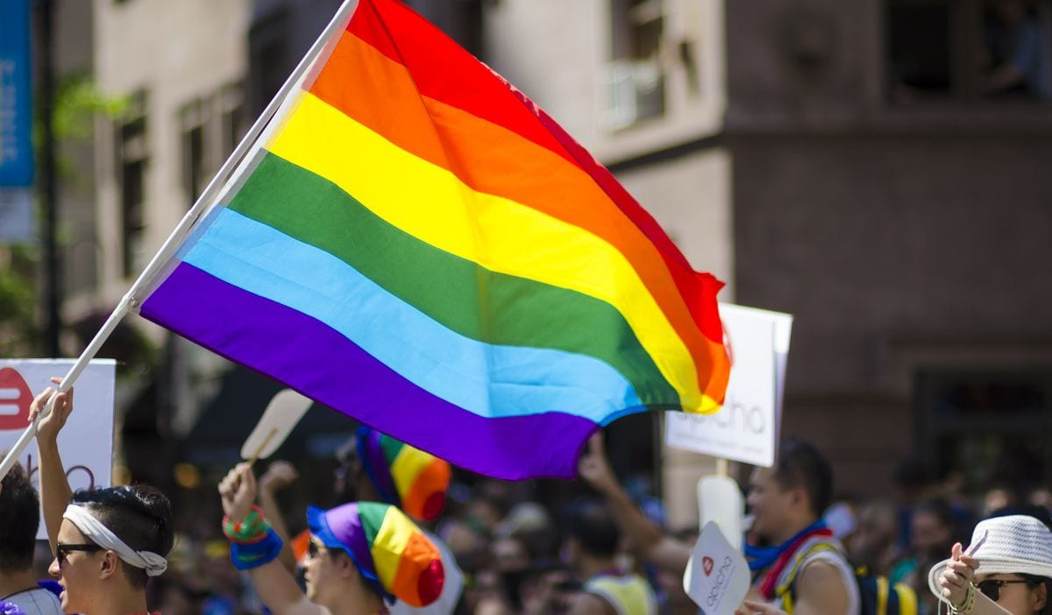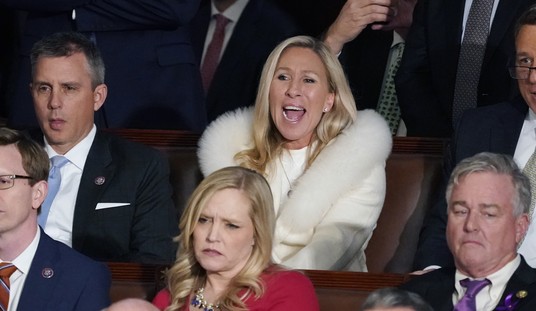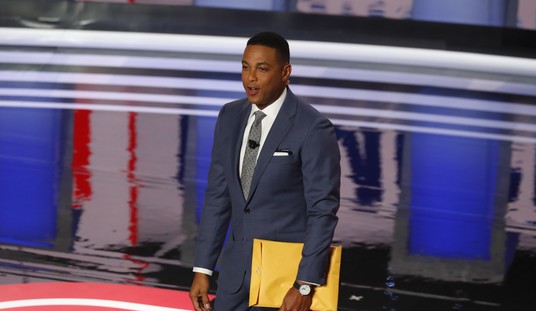In a case that bucks recent trends, a Kentucky court ruled that a Christian print shop owner can refuse to print gay pride T-shirts because promoting gay rights conflicts with his religious beliefs.
The ruling by the Kentucky Court of Appeals favored the business owner. A crucial difference in this case was the expressive nature of the service denied: literally words on a shirt.
In a split vote, a three-judge panel concluded that the store, Hands on Originals, couldn’t be forced to print a message with which the owner disagreed.
The dispute started in 2012 when Gay and Lesbian Services Organization in Kentucky asked Hands on Originals to make T-shirts with the name and logo of a pride festival.
Blaine Adamson, owner of Hands on Originals, said he refused to print the shirts because it violated his business’s policy of not printing messages that endorse positions in conflict with his convictions.
Mr. Adamson offered examples of other orders he refused, such as shirts featuring the word “bitches” or a depiction of Jesus dressed as a pirate.
The gay-rights group filed a complaint with the Lexington Fayette Urban County Human Rights Commission, which in 2014 ordered Mr. Adamson to make the shirts.
Friday’s decision affirmed an earlier ruling from a lower court. The commission, which brought the appeal, said the store was in violation of a local “fairness” ordinance banning discrimination on the basis of sexual orientation in places of public accommodation.
The Kentucky Court of Appeals, one level below the state’s Supreme Court, disagreed, ruling that the conduct by the business wasn’t discrimination, rather a decision not to promote certain speech.
One judge on the panel dissented, saying he thought Mr. Adamson’s shop had engaged in “deliberate and intentional discriminatory conduct.”
In other lawsuits against religious business owners, courts have rejected First Amendment defenses.
Free speech arguments failed to persuade New Mexico’s highest court, which ruled in 2013 that the owners of an Albuquerque wedding photography company couldn’t refuse to photograph a same-sex ceremony.
Likewise, Washington state’s highest court this year ruled against a florist who wouldn’t prepare floral arrangements for a gay couple’s wedding.
In 2015, a Colorado appeals court ruled against a Christian baker who refused to design a cake for a gay wedding. The owner, Masterpiece Cakeshop, has asked the U.S. Supreme Court to hear the case. The high court hasn’t decided whether to hear it.
Business owners in those cases had argued too that providing their services expressed a message.
The common sense of this ruling exposes the flawed logic used by judges in those other cases. It also shows the extreme danger to which the First Amendment is exposed. We have elevated “anti-discrimination” to a place where it now supersedes freedom of speech and religious freedom. The Kentucky appellate court tries to rectify that problem, but it’s only a first step.
What’s never mentioned in these rulings is that the plaintiffs always have the option to take their business elsewhere. In fact, the notion that the gay couples or, in this case, the gay organization just happened to bring their business to a Christian business owner is absurd. These Christians were targeted because the plaintiffs all wanted to make a point. If that isn’t illegal, it should at least be taken into consideration when the case comes to court.
The Supreme Court is expected to announce whether they will take the Masterpiece Cakeshop case in the next few weeks.










Join the conversation as a VIP Member